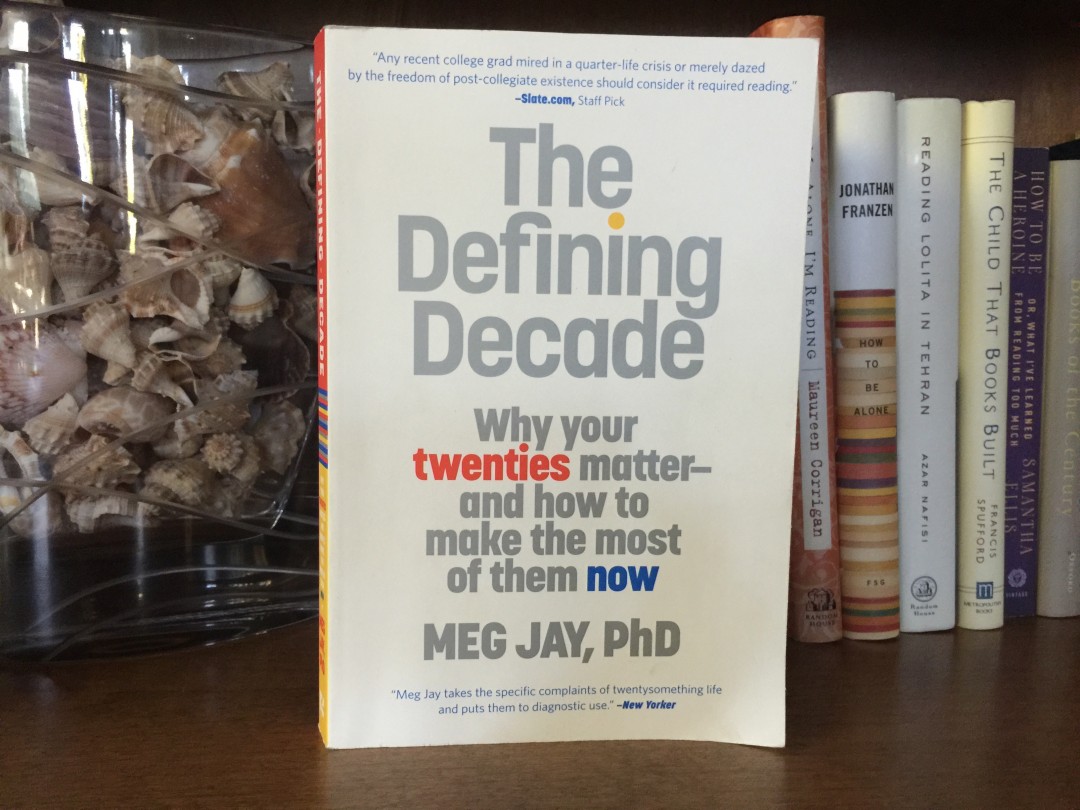Before you make a New Year’s resolution, typically narrowly focused on a measurable goal, stop and think bigger picture and longer term. When your future self is sitting here one year later, how will they be different than you? It’s easy to vow to be closer to graduation, or with a better job and more savings, but you need to play the long game. Whatever the goal, there are skills you need to make that jump happen and stick, so while I support the short term goal, I think it needs to be meaningful in a longer term plan.
Normally, I’m a believer in building on your strengths, but college is the one place where you can build up your weak spots, while there is little consequence to failure. If you’re weak on small group discussions, pick smaller classes where the professor will consistently try and pull you into the discussion. It’s the rare company and manager who will do this, so this is great example of the last call nature of college. If you’re already in the workforce, rather than set a goal of being promoted or getting a raise this year, if you’re on the quiet side, make a point of finding one relevant thing to say in every meeting. Getting noticed and stepping up your perceived engagement will make it a smaller, quantifiable daily goal. It will build the speaking skills that make the later discussion about a raise or promotion not only easier for you, but also, make it easier for the decision makers to think of you as a valuable contributor. If you’re weak on writing out your ideas, take a class that demands small, short writing projects. If you can’t find a class like that, look for an extracurricular activity. Recording a meeting with your phone and distilling it into two pages of minutes once a month for the school year will help you master those skills. (There is a formula to these, so you can easily do it correctly.) Construct your daily or weekly goal(s) to build a skill(s) that will build to the larger goal.
Going back to my primary contention with the book version of Launch Like A Rocket, professional success requires strong skills in communicating, organizing, relating to other people, and executing plans. In the book I break those down, giving you examples of each, why they are essential, and how to acquire them. When you don’t have these skills your career stalls out and you have no idea why. If you’re stuck in a job that’s not quite right, reading the book may help you figure out how to use the time wisely so the next spot lets you move forward at a faster pace.
Assuming you’ve got mind-blowing skills, the best way to get a job at any step of your career is through your network, so you need that network to not only know you, but to know you well enough to make accurate recommendations. They need to think of you first when it comes to certain skills, and feel recommending you to someone for a gig or position will reflect well on them. While you build a network, meeting new people, be sure that it’s a meaningful network. (I got a job this way and it led to meeting my spouse and starting my company.) Having hundred of connections on LinkedIn who don’t really know you and have no idea of your strengths and expertise doesn’t do you any good when it comes to getting considered for a job. The very best way to job hunt throughout your entire career is to have jobs come to you when you aren’t even actively looking. If that’s unimaginable with your current network, then you don’t really have a network.
I’m not advocating your goal should be to build your network. In fact, I’m advocating you don’t build that valuable network until you have a clear idea what you want that network to say about you, and make sure the future you 365 days from now clearly represents those strengths and skills. If what you want out of this year is a new job, whether within your company or with a new one, you need to think about what that manager wants in that position, and you need to work on being that qualified person. Whatever you want this year, you can make it happen by thinking strategically about the long term before you make a move.










